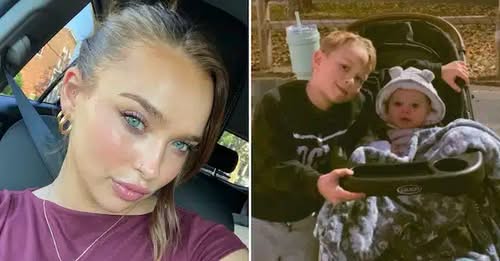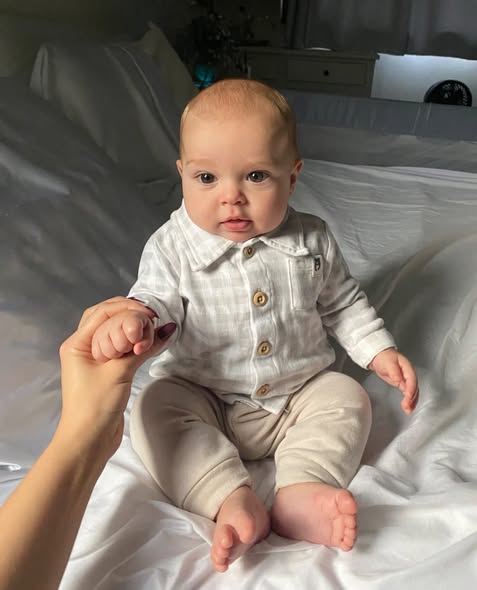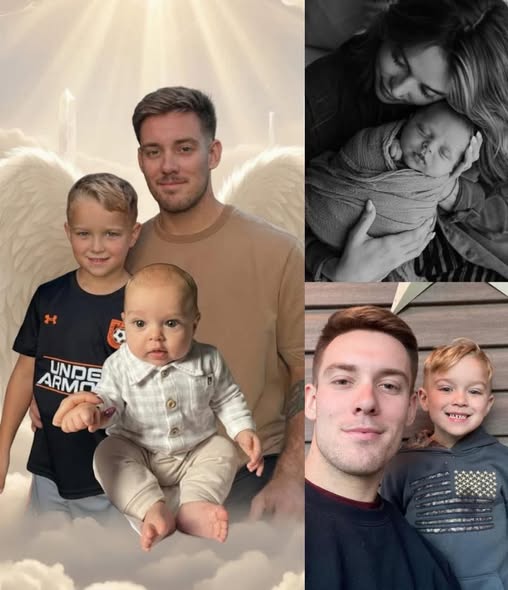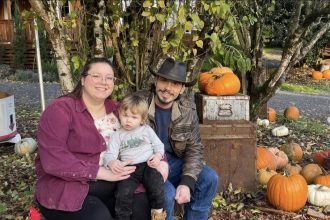In the quiet of a late‑November evening in Tiffin, Ohio, families gathered around dinner tables, unaware that a gathering of removal trucks and packing boxes nearby would culminate in a nightmare of loss and violence. On the evening of November 19, at approximately 6:30 p.m., authorities were called to the 100 block of Huss Street where they found four people dead and one woman alive, but traumatized beyond words.
The events began as the victim’s wife, overwhelmed by repeated domestic turmoil and seeking to take her belongings from the house, had enlisted the help of her former partner, 29‑year‑old Dustin Willey—father of her 7‑year‑old son. They believed the husband, 42‑year‑old Ryan Eagon, was out of town for work. While they gathered items inside, the two children—a 7‑year‑old boy and a 7 month‑old infant—waited in a vehicle nearby.


Suddenly, the worst fear became real. Investigators say Eagon appeared in the driveway, pushed past the woman, then chased Willey, opening fire. In the chaos, he turned the gun on the two children, ending their young lives. After wounding Willey fatally, Eagon committed suicide. The baby and Eagon died at the scene; the seven‑year‑old and Willey were rushed to hospital but could not be saved. The mother, though unhurt physically, was found inside the home “overwhelmed and visibly traumatized.”
Willey is remembered in the community as someone who stepped up simply to help a mother and her child. Friends and neighbors describe him as a devoted father who never hesitated to support others—and now his own son is gone, another young child is gone, a father is gone, and a father’s killer is gone. The sense of loss is vast. Family members later confirmed the baby was Eagon’s biological son, adding another layer to the devastation.
In the days following the tragedy, the small city of Tiffin has begun to grieve together. A vigil was announced for Sunday at 6 p.m. at the Tiffin Police and Fire “All Patriots” memorial to honour the four lives lost and to stand with the woman who survived. Meanwhile, first‑responders from the city’s police, fire and EMS services shared that the incident has taken a heavy toll—emphasizing the importance of mentalhealth support after responding to such trauma involving children.
Authorities continue to investigate, with the Ohio Bureau of Criminal Investigation and the Seneca County Coroner’s Office involved in processing the scene and determining the full timeline of events. Many questions remain unanswered, such as the precise trigger for the shooting, the state of mind of Eagon leading up to it, and how long the domestic issues had been simmering.
For the mother left behind, the pain is etched on social media: “My babies were 7… 7 years & 7 months… my whole life is gone,” she wrote. Those words echo in the silent homes of her neighbours, in the hush of the small city’s streets. In the weeks ahead, Tiffin will not only mourn, but face the challenge of healing. And though nothing can bring back two innocent lives gone too soon, the community is gathering—offering support, offering love, offering hope that even in the darkness, they might find a way forward together.
In a place not accustomed to such horror, the impact is profound. Families huddle, neighbours pause, and a city holds its breath. The story serves as both a tragic reminder of what can happen behind closed doors and a call to action—to pay attention, to reach out, to intervene before escalation becomes irreversible. In the heart of that quiet Ohio town, grief has arrived; now compassion must follow.



